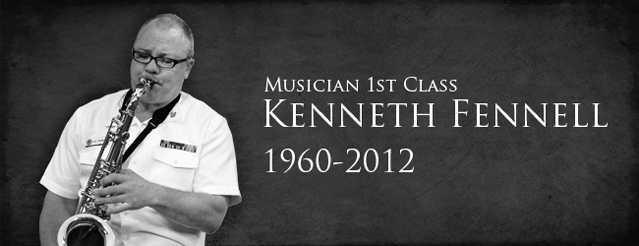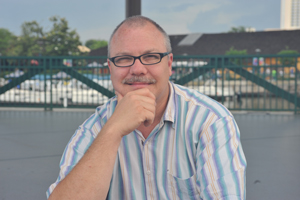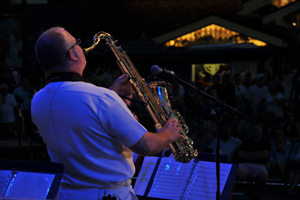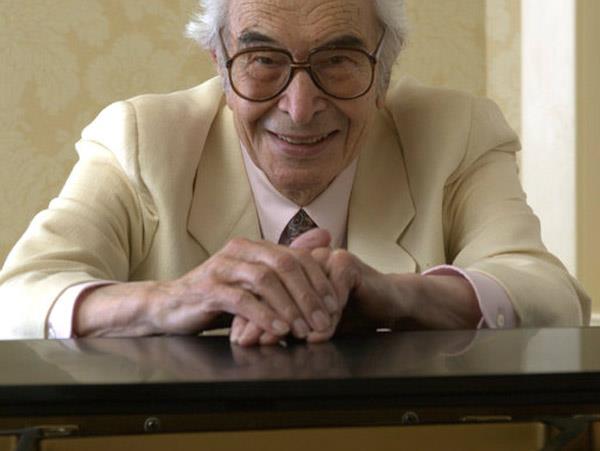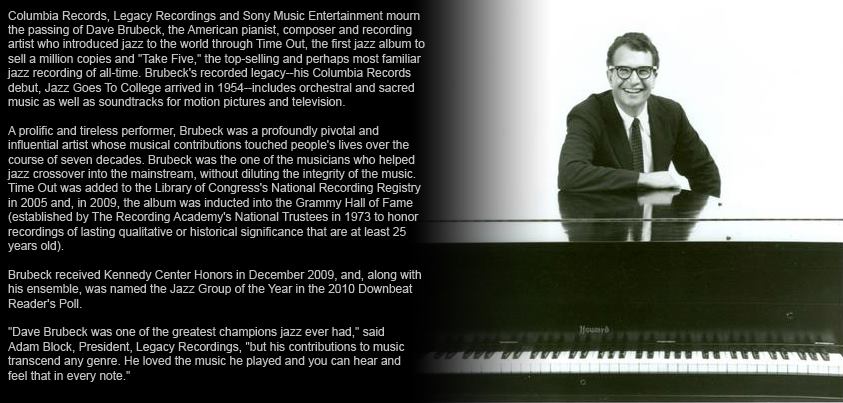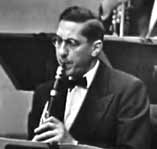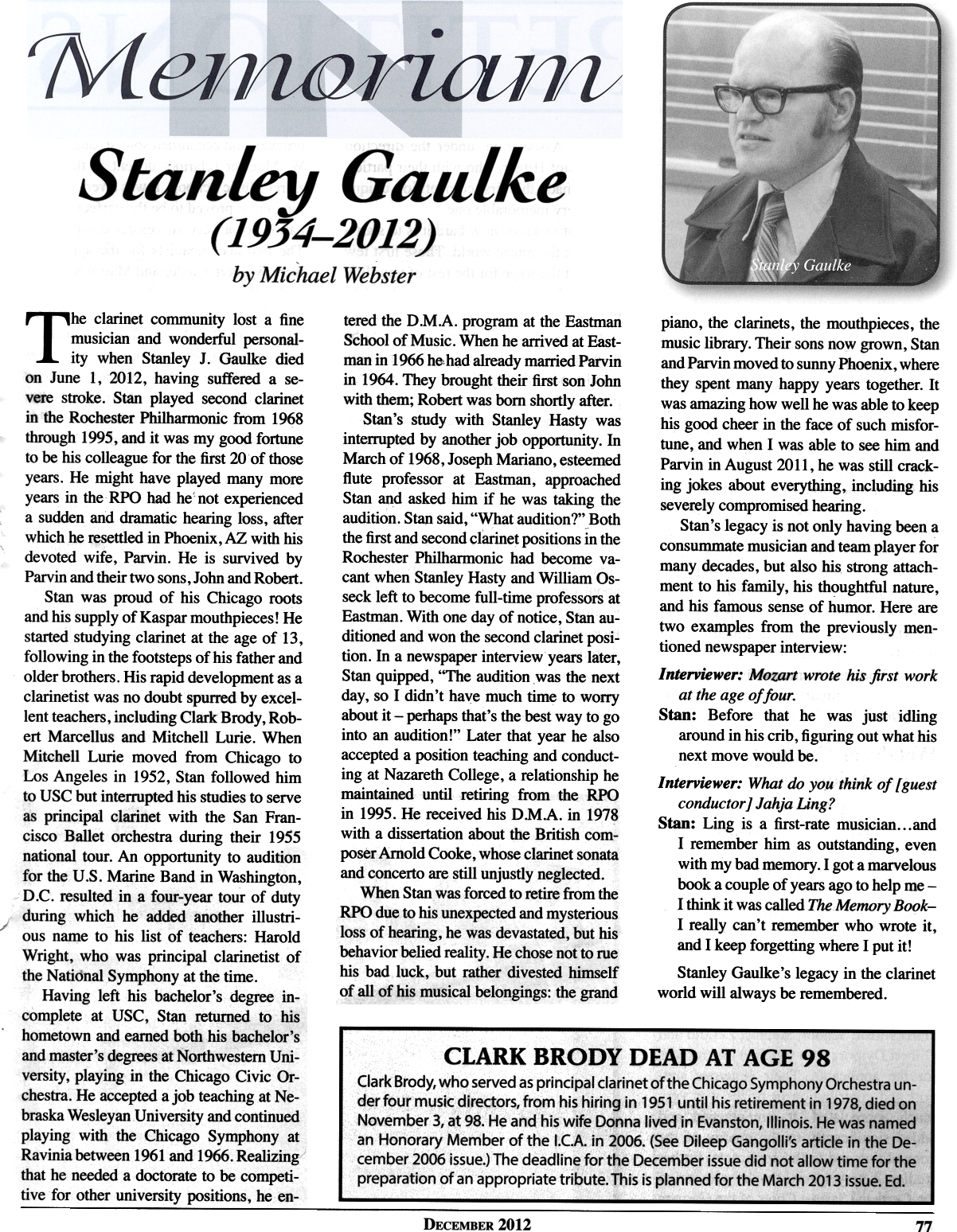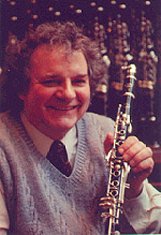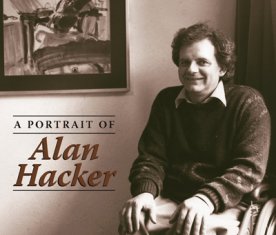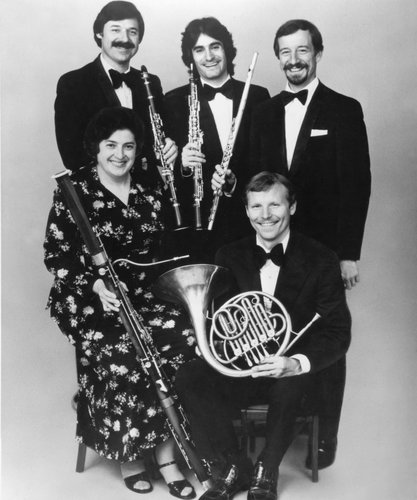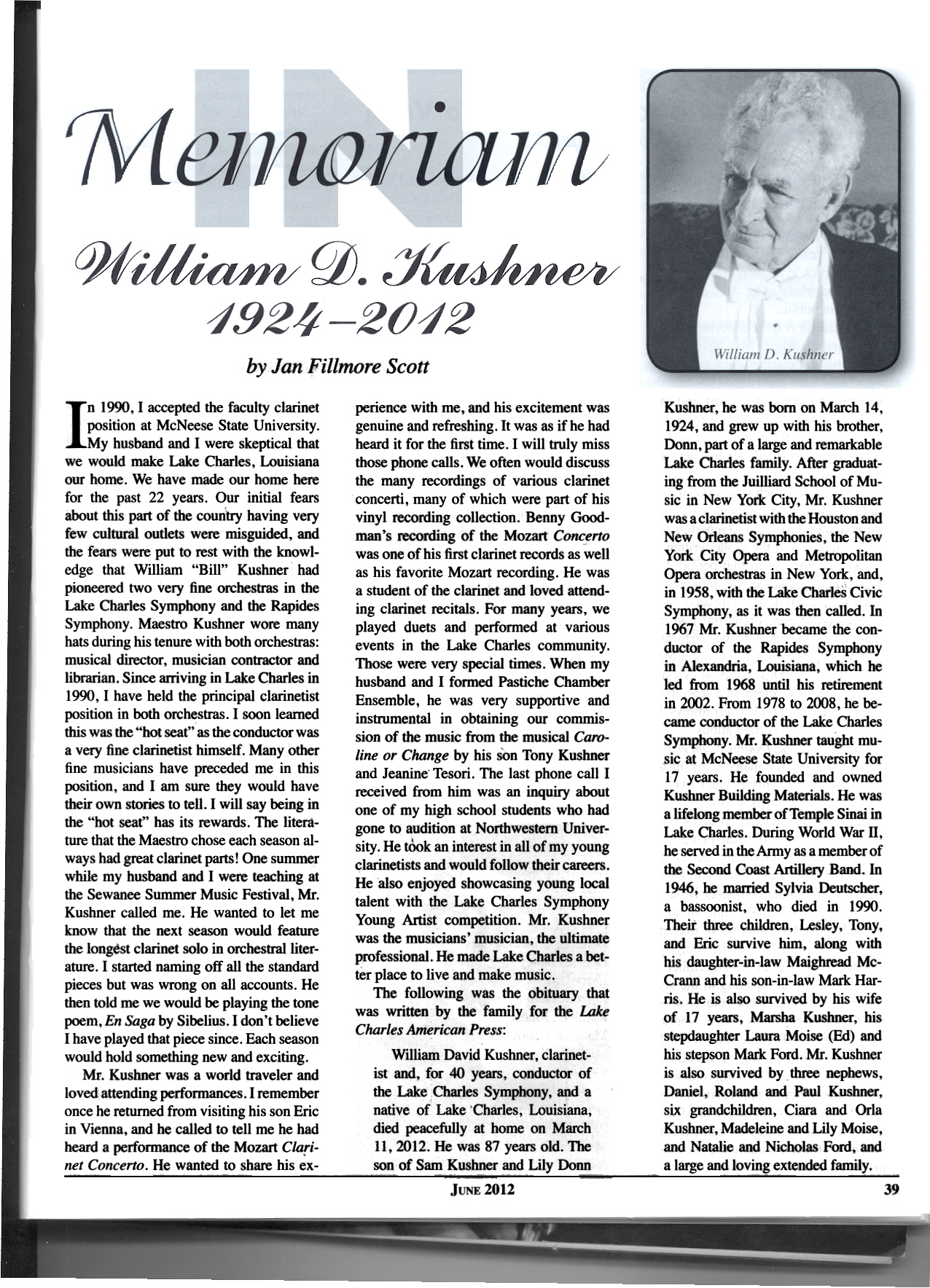Harvey has been composing since the 1960s, during which period he was a prominent disciple of Karlheinz Stockhausen, whose experimentalism and use of electronic instrumentation influenced Harvey's early works.
But from the 1970s he began to establish his own distinctive voice, drawing on an abiding interest in spirituality and world religions. Using the cutting-edge digital technology developed at Pierre Boulez's Paris research centre Ircam he wrote a number of pieces, the best known of which is Mortuos Plango, Vivos Voco, which uses the sounds of the bell of Winchester Cathedral and the treble voice of Harvey's son – a chorister there at the time.
Harvey was long a devotee of eastern philosophy, and his works have increasingly drawn up themes from it, including his final opera, Wagner Dream, which will receive its British stage premiere in Cardiff in the summer of 2013.
"I have worked closely with Jonathan for 30 years," said Sally Cavender, vice-chairman of Faber Music. "His impact as a composer has been profound and international in its scope. The spirituality of his music also pervaded his personality; no one who met him came away without commenting on his gentleness, generosity and breadth of imagination … Music simply poured out of him, naturally and organically. In every sense he was a superior human being and one that it has been a privilege to know, as much as it has been a delight to treasure his music."
For much of his composing life, Harvey's work was more widely performed on the continent than in the UK, but in the last decade he has been recognised as one of our leading composers. In January the BBC dedicated one of its Total Immersion days to his music, while the City of Birmingham Symphony Orchestra performed his Weltethos in June as part of the Cultural Olympiad; the work was premiered in 2011 by the Berlin Philharmonic and Sir Simon Rattle.
"We have lost a hugely important figure in classical music," said Roger Wright, controller of BBC Radio 3 and director of the Proms. "His was a powerfully original music which rightly received international acclaim. His gentle spirit and inner strength impressed me greatly and he will be much missed

